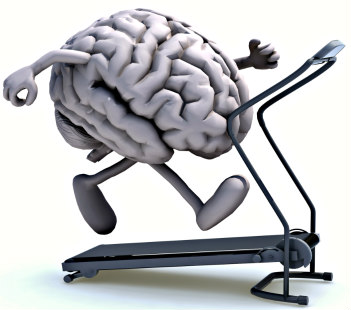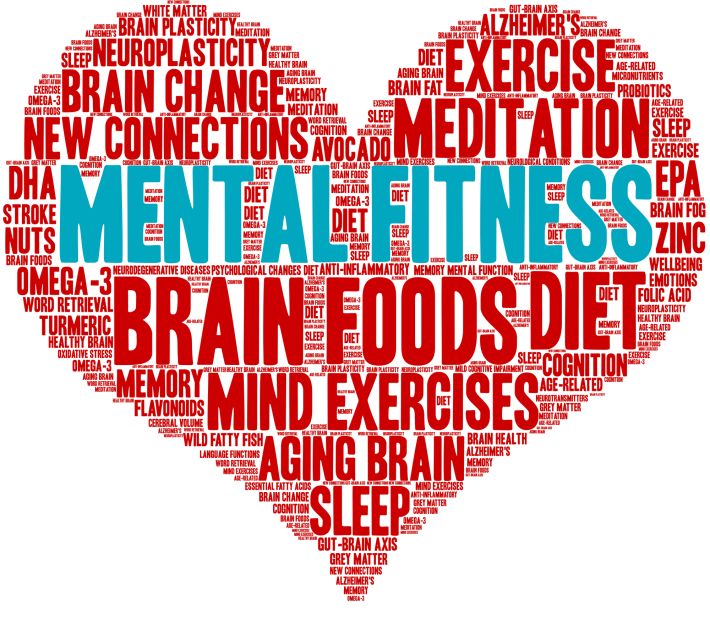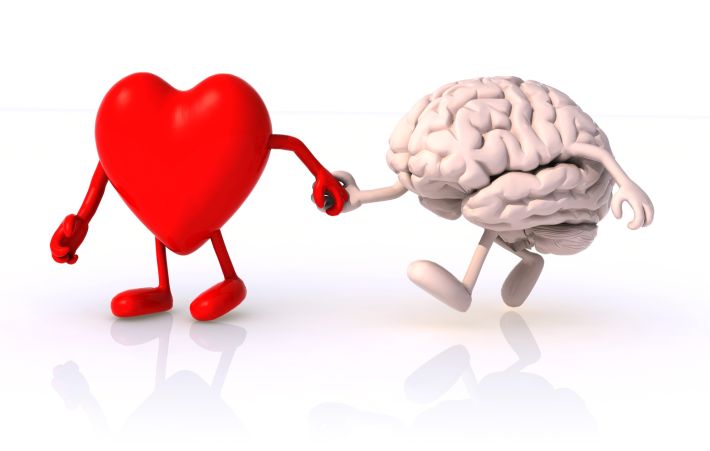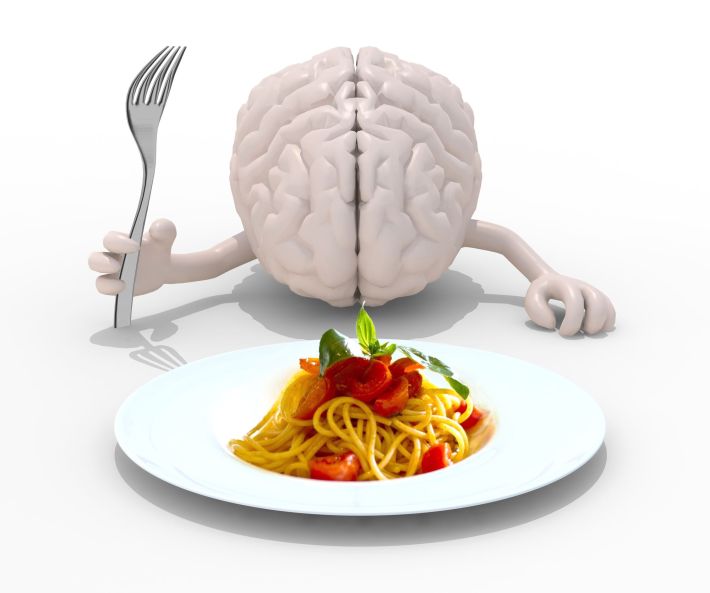- in Health and Wellness by Tony
When Mental Health Neglects Physical Health: The Risks Involved, And Here’s Why?

More...

A combination of factors contributes to this relationship. Symptoms such as breast lumps and rectal bleeding may be missed or ignored while blood pressure readings go unchecked. Weight gain and unhealthy habits such as drinking, drug abuse and smoking become common as trips to the gym and healthy eating are not prioritised. Medication and the impact of mental illness on how individuals are investigated and treated also play a role.

People with serious mental illness may be up to three times more likely to have high blood pressure and twice as likely to be obese or have type 2 diabetes. All of which have profound implications for their general health and well-being. Fortunately, physical well-being has moved up the NHS agenda recently, but there is room for improvement.
Patients and their families can help by paying attention to physical well-being, taking up invites for screening and reviews, and not dismissing mental illness as “all in the mind”. The relationship also works the other way, as mental health issues can exacerbate physical conditions. Treatment of depression can improve pain relief and quality of life in someone with underlying back problems or arthritis.

Physical and mental health are closely intertwined, with one significantly impacting the other. It is often said that a healthy mind resides in a healthy body. Research has shown that individuals who exercise regularly and maintain a healthy diet are more likely to have better mental health, including reduced symptoms of depression and anxiety. In contrast, poor physical health, such as chronic illness or obesity, can increase the risk of developing mental health problems.
Moreover, stress and negative emotions can manifest physically, leading to various health problems, including high blood pressure and heart disease. Some mental health disorders may also cause physical symptoms, such as chronic pain or difficulty sleeping.
In conclusion.
Taking care of our physical health is essential for maintaining good mental health and vice versa. Maintaining a healthy lifestyle, including regular exercise, a balanced diet, and managing stress, can help improve both physical and psychological health. It is also essential to seek professional help when needed, as mental health issues can significantly impact physical health and vice versa.
Wishing you good physical and mental health, and now you know why.


